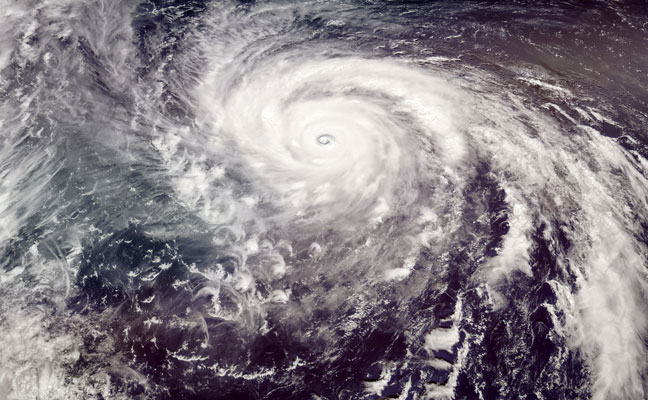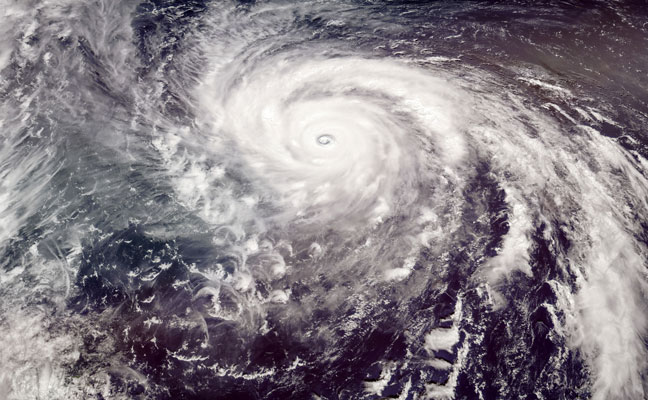
PHOTO: ELEN11/ISTOCK / GETTY IMAGES PLUS/GETTY IMAGES
The 2020 Atlantic hurricane season officially got under way June 1, so RISE (Responsible Industry for a Sound Environment) and the American Mosquito Control Association (AMCA) are promoting awareness about the importance of preventing, removing and treating standing water to combat the spread of disease through mosquitoes.
“We encourage every person and community in a hurricane zone to properly prepare to combat the growth of mosquitoes,” Megan Provost, president of RISE, said in a news release. “Disease spreads in multiple ways, and it’s critical to prevent the spread of those that are vector-borne, such as West Nile virus. All members of a community benefit when individuals take the right precautions, including emptying standing water and using mosquito repellents approved by the U.S. Environmental Protection Agency. The specialty pesticide and fertilizer industry remains committed to supporting communities as we all work to prevent the spread of disease and protect public health.”
AMCA Technical Advisor Joe Conlon agrees. “In the aftermath of severe and prolonged rains from hurricanes, the receding waters leave pools of standing water in new areas where they didn’t previously exist,” he said in a news release. “Combined with the summer heat speeding reproduction, the result can be a drastic increase in mosquito populations.”
The two associations offer the following tips for pest management professionals (PMPs) to share with their clients to reduce the risk of mosquito infestation:
- Drain all standing water and prevent water accumulation when possible. Check all areas that might hold water, such as tire swings, buckets, bottles, birdbaths, pet bowls, flowerpot saucers, pool toys, and even bottle caps. Cover trash containers and store boats covered or upside down, or remove rainwater weekly from boats.
- Fill in or drain low places in the yard, such as puddles, ruts and hollow stumps. Keep grass cut short and shrubbery well-trimmed, to eliminate harborage for mosquitoes and other potentially harmful pests.
- Keep roof gutters free of leaves and other debris.
- Avoid activities during dawn and dusk, when mosquitoes are most active.
- Avoid damp grass, which attracts mosquitoes, when taking part in outdoor activities. Dress appropriately in long sleeves and pants.
- Defend yourself against mosquitoes with a repellent approved by the U.S. Environmental Protection Agency (EPA). The Centers for Disease Control and Prevention (CDC) has more about that topic here.
- Ensure all doors and windows are intact to prevent mosquitoes from coming in and out of the home.

